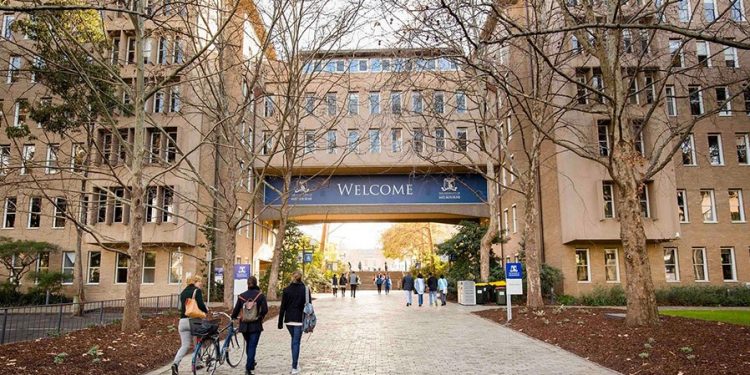Universities Australia, the voice of Australia’s universities and the peak body for the sector, have urged for a hard reset of the immigration process for international graduates.
The leading organisation representing Australia’s tertiary educators indicated in a report given to a parliamentary committee assessing the migration system that the current cumbersome system was causing the country to fall behind the rest of the globe.
Catriona Jackson, CEO of Universities Australia, stated that there are already more than 100 visa classifications, criticising the system as unfit for purpose. In terms of international student enrolment, Australian universities rank among the top in the world.
According to Universities Australia, however, only around a third of international graduates utilise their post-study work permits, and just 16% become permanent citizens.
Jackson wrote in the report, “This is not surprising when our system has more barriers than gateways, including extended wait times, a lack of visibility around application status, and little certainty in general for prospective students and staff.”
“Meanwhile, our global competitors are increasing the number of international graduates in their migration mix in recognition of the significant contribution they make. Australia is falling behind.”
In its report, the body offered five recommendations for change, including automatically issuing temporary visas to all international students who graduate from Australian universities and improving reporting mechanisms to provide applicants with up-to-date visa status information.
It also advocated for a priority system, akin to the US Green Card, to allow priority workers to get fast-tracked permanent status. The extensive assessment, which was begun by Australian Home Affairs Minister Clare O’Neil, is slated to issue its final findings in February 2023.
The report said, “Across the world, nations are emerging from a pandemic-induced slumber with a renewed awareness that a homegrown labour force alone is not enough to meet their workforce needs and spur economic growth. There is growing recognition, too, that international students can and should play a greater role in the migration mix.”
“In Britain, there is a push to almost double the number of international students who settle there permanently, from 18 per cent to 30 per cent, in the next few years. Canada wants 25 per cent of permanent skilled places to be filled by student visa holders by 2024,” the report added.
According to the report, it has been predicted in the United States that 1 million skilled migrants will be required if America is to continue to dominate the world in technological innovation. These people, of course, have a university education.
Global talent competition has always been tough, but the impact of COVID-19 on the flow of skilled workers has revived it. The starting pistol has been fired, and the race for the best and brightest is heating up, with the pandemic receding into the background and borders open. Australia is at the back of the pack, which is concerning given their advantageous starting position.
According to a study conducted by Universities Australia, in 2019, when overseas education earned a record $40.3 billion in export revenues, just 7.5% of student visa holders upgraded to a permanent skilled visa.
According to the same study, just 10% of student visa holders were given permanent skilled visas in the last ten years. That equates to 121,105 skilled workers from a pool of around 1.2 million.
A minor increase in permanent skilled visas for international students – as little as a few per cent – would provide smaller communities and capital cities with the engineers, nurses, doctors, and teachers they need.
Jackson said, “It makes sense to rely more heavily on international graduates to plug skills and knowledge gaps, as Britain, Canada, and the US have already acknowledged, and are moving towards. By the time these students graduate, they are well-adjusted to the country they have studied in and have already made a considerable economic and social contribution.”
She added, “If there is a clear need for their skills and knowledge, why shouldn’t our system encourage them to stay?”










